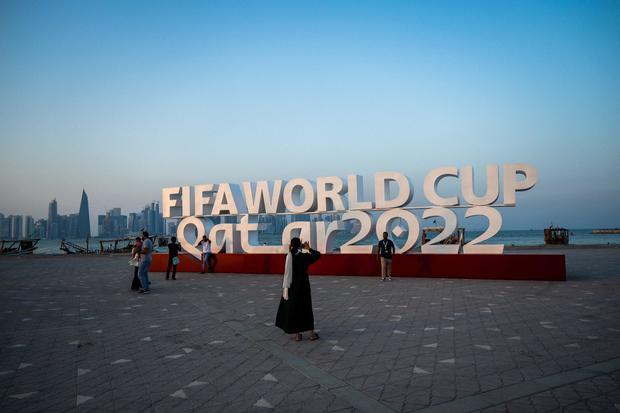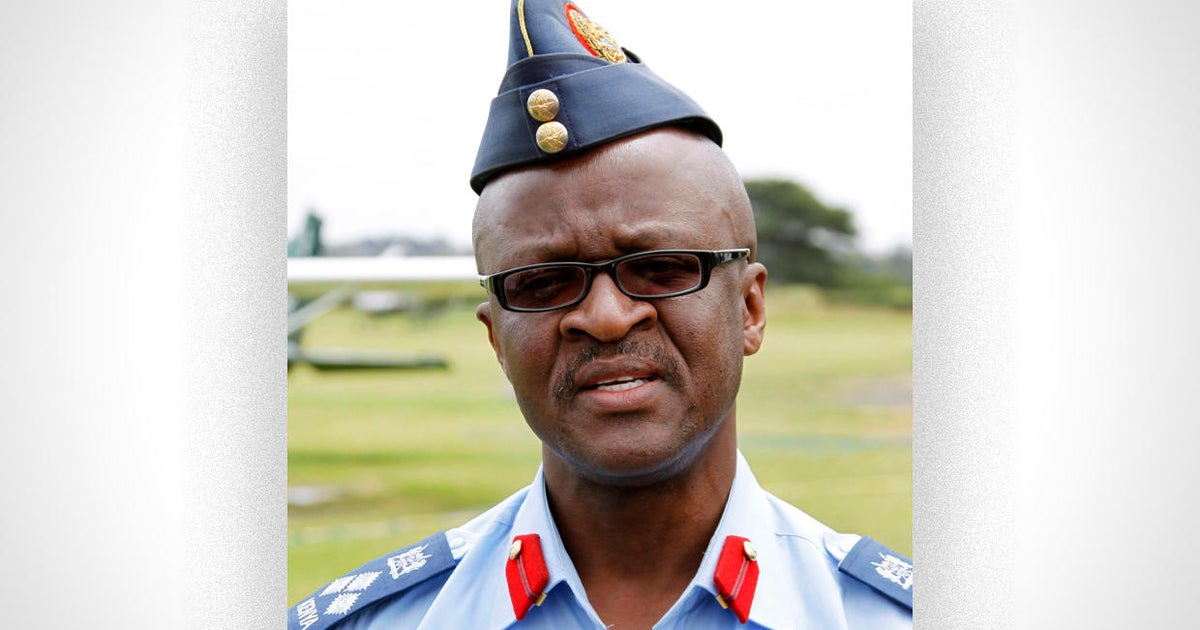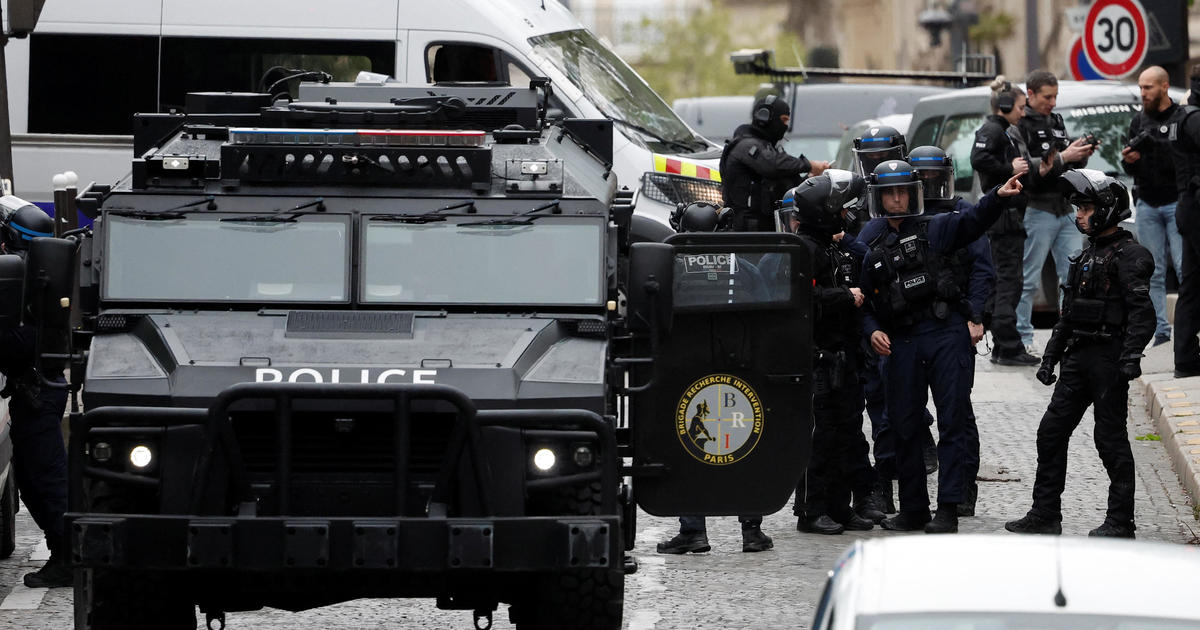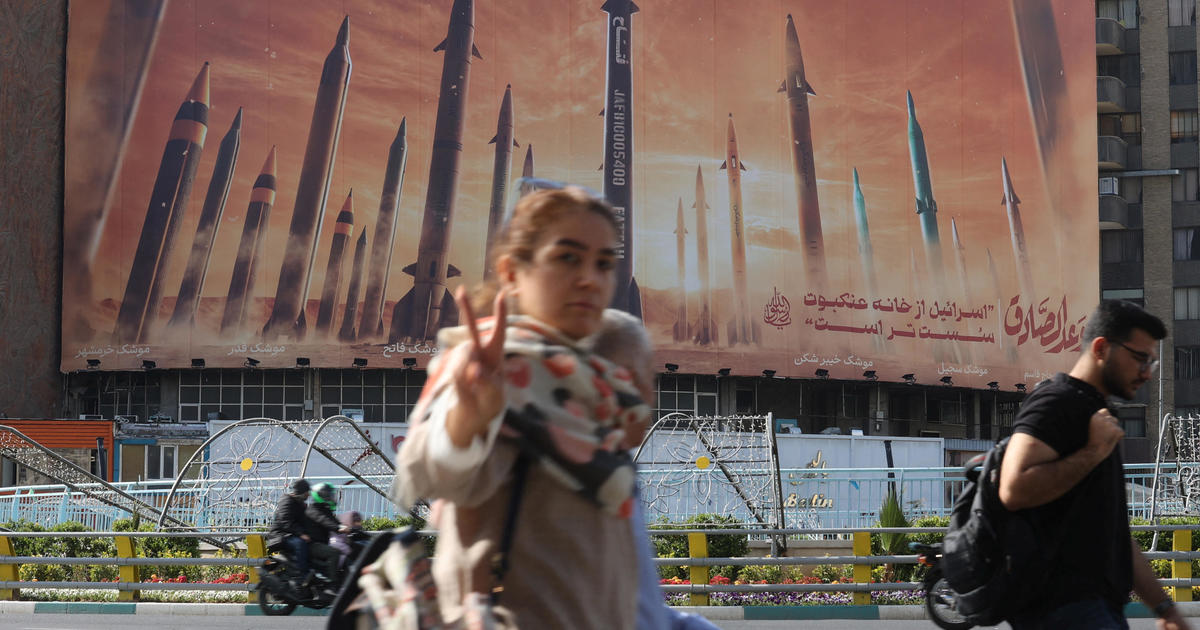Weeks away from World Cup, human rights group says host Qatar continues to mistreat LGBTQ people
With just under four weeks to go until the 2022 Men's FIFA World Cup begins, Human Rights Watch (HRW) has accused host nation Qatar of arbitrarily arresting and abusing LGBTQ people, despite calls for the country to update its laws on LGBTQ rights.
The human rights group on Monday said that it had documented six cases of "severe and repeated" beatings and five cases of sexual harassment in police custody between 2019 and 2022. CBS News has not independently verified these accounts.
According to the organization, Qatar's security forces have arrested people in public based on their gender expression, unlawfully searched their phones and mandated that detained transgender women had to attend conversion therapy sessions as a condition of their release.
Same-sex "sexual conduct" between men is illegal in Qatar, although there is no outright ban on same-sex relationships between women, according to a U.S. State Department report from 2021. Men 16 years of age and older who engage in sexual conduct can be punished by up to seven years in prison, the State Department said. A man convicted of having sex with another man under the age of 16 can receive a life sentence, the report said. Homosexuality is punishable by death under sharia law, but "there were no reports of any executions for this reason," the State Department said.
Rasha Younes, an LGBT rights researcher at HRW, told CBS News that the group's report only included six people who consented to having their information published, but noted that the numbers are "much, much higher than the ones that we documented."
"Given the fear of retaliation and the repressive climate around free expression inside Qatar, people are really fearful to speak," said Younes, who investigates abuses against LGBT people in the Middle East and North Africa region.
In interviews with HRW, many of the subjects complained about their treatment while in police custody. Among them, one Qatari transgender woman said she was arrested in public because she was wearing makeup. One Qatari bisexual woman told HRW that officers beat her until she lost "consciousness" several times.
All were detained without being charged, HRW said. They were unable to attain legal counsel and none received a record of having been detained, HRW said, adding that these could be considered arbitrary detentions under international human rights law.
"It appears their arbitrary arrest and detention is based on Law No 17 of 2002 on Protection of Community, which allows for provisional detention without charge or trial for up to six months, if 'there exist well-founded reasons to believe that the defendant may have committed a crime,' including 'violating public morality,'" HRW said in its report.
Younes said the similar accounts from those interviewed by HRW show that these were not "isolated" incidents, but rather indicate a "pattern by security forces."
A Qatari official refuted the accusations in a statement to CBS News.
"The allegations contain information that is categorically and unequivocally false," the official said. "Qatar does not tolerate discrimination against anyone, and our policies and procedures are underpinned by a commitment to human rights for all."
The official also said that Qatar does not operate or license any "conversion centers," as the HRW report alleged, claiming that the clinic mentioned treats people suffering from "behavioral conditions."
FIFA awarded the World Cup to Qatar in 2010, but issues around the treatment of migrant workers, women and LGBTQ people have been thrust in the spotlight since then. In 2016, the soccer body adopted the United Nations Guiding Principles on Business and Human Rights, which prompts the organization to "avoid infringing on the human rights of others and should address adverse human rights impacts with which they are involved."
In celebration of Pride Month earlier this year, FIFA insisted on hotels and other contractors welcoming LGBTQIA+ fans to Qatar and dubbed the World Cup as a "celebration of unity and diversity" regardless of "race, ethnicity, religion, age, disability, sex characteristics, sexual orientation, gender identity and expression."
Still, Younes believes FIFA stopped short of that in Qatar. She believes FIFA and Qatar are "complicit" in alleged human rights violations against LGBTQ people in the country. Younes also said another fear is that people will forget about the issue once the World Cup is over.
"They had over a decade to work on reforms and push the Qatari government in the right direction, and they did none of that," she said. "So it is quite disappointing that FIFA does not use its platform, and the time is now for it to take action."
In response to the Human Rights Watch report, FIFA told CBS News in a statement, in part, that "discrimination of any kind on account of sexual orientation is strictly prohibited."
FIFA added: "Qatar as a host country is fully aware of its responsibility to adhere to FIFA's expectations and requirements on human rights, equality and non-discrimination."





